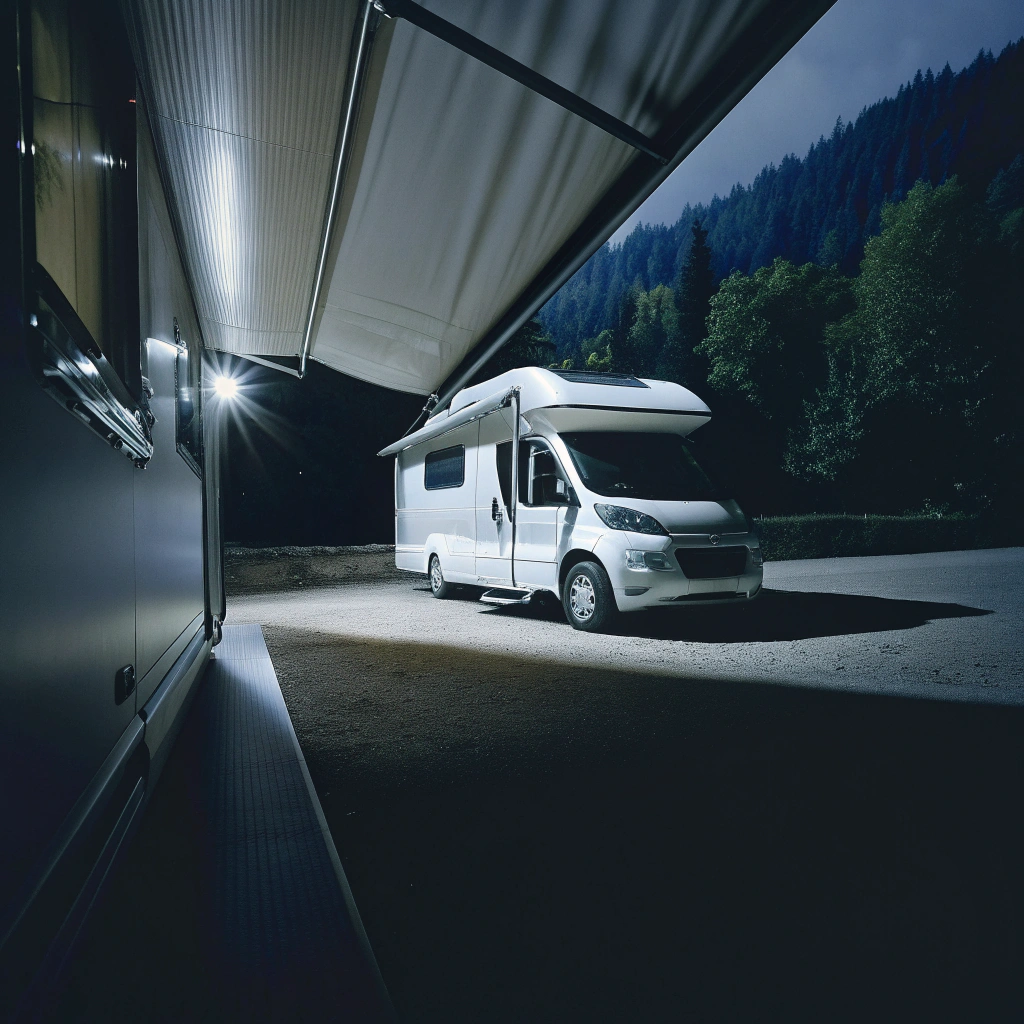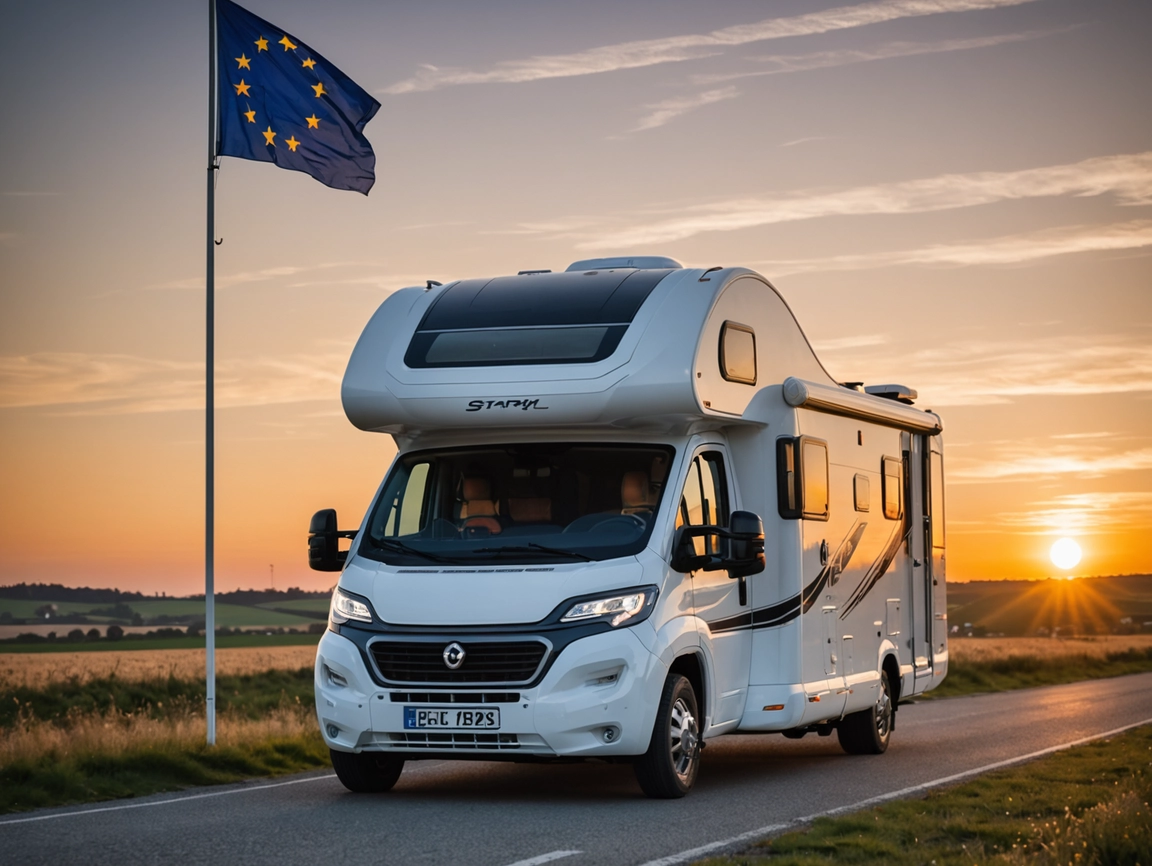"Zur Loh" car park: When the legal situation puts the brakes on tourism
The debate about the use of public car parks by motorhomes continues to intensify in Germany. A local conflict in the Oldenburg region is currently causing a stir, the effects of which are relevant for travellers far beyond the region. How the nwzonline.de jüngst meldet, hat die Gemeinde Dötlingen (Oldenburg-Kreis) erneut Verbotsschilder für Wohnmobile am beliebten Parkplatz „Zur Loh“ aufgestellt. Diese Maßnahme, die das Campen und Übernachten explizit untersagt, trifft auf heftigen Widerstand von Tourismusvertretern, während die Verwaltung auf die Einhaltung der geltenden Rechtslage verweist. Dieser Konflikt in Dötlingen ist dabei kein Einzelfall, sondern hat durchaus bundesweite Relevanz, da viele Gemeinden ähnliche Probleme mit der Nutzung von Parkplätzen durch Wohnmobile haben.
The consequences of the legal situation for mobile travellers
For motorhome drivers, the reinstatement of the signs means a direct restriction on the freedom to travel in the region. The administration justifies its action with the need to put a stop to the so-called "wild camping" problem and to preserve the specific dedication of the car park. According to established case law, a car park that is not officially designated as a parking space may not be used for longer stays or overnight stays that go beyond the mere restoration of fitness to drive.
This strict approach, which is being observed in many municipalities, is causing frustration in the camping community. It illustrates the increasing balancing act between tolerating the "everyman's right" to park and the legal definition of camping. In practice, travellers wishing to visit the scenic town of Dötlingen now have to use designated pitches or commercial campsites to avoid legal consequences.
Tourism versus ban: criticism of deterrence
Local critics fear that the rigorous signage will have a "deterrent effect" on the affluent target group of motorhome tourists. The statement that it is "not wise to take signs away again" indicates that the municipality had previously experimented with a less strict interpretation, but is now returning to strict regulation. Tourism promoters see this as "not good publicity" and argue that rural regions in particular could benefit from the flexibility of mobile travellers.
This local dispute in Dötlingen reflects a nationwide development that specialist magazines such as Promobile regularly address the issue: Many municipalities are struggling to strike a balance between attracting campers and avoiding congestion and unauthorised long-term parking. The consequence is often more restrictive signage, which means more planning effort for travellers.
Practical benefits: What campers need to look out for now
For motorhome drivers travelling to the Oldenburg region, the situation is clear: the "Zur Loh" car park in Dötlingen is off-limits for overnight stays. The general recommendation is to find out about the official designation of car parks in advance. The current situation in Dötlingen emphasises the need to always pay attention to current traffic and prohibition signs. Relying on a supposed grey area is increasingly risky, especially in touristically sensitive areas. Travellers should therefore use apps or directories that list verified, official parking spaces in order to avoid conflicts with local regulatory authorities.
📰 Sources and further information
This article is based on current reports from the following news sources:
Links open in a new window. We accept no responsibility for the content of external websites.


